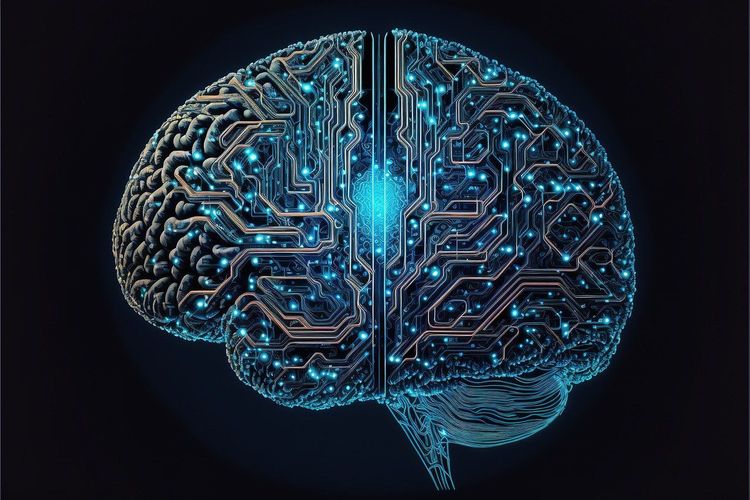Apple is making significant investments in the field of artificial intelligence, with plans to allocate $1 billion annually towards the development of its generative AI products. According to Bloomberg, the tech giant is eager to keep pace with major players in the industry, such as OpenAI, Google, and Meta, who have already made substantial headway in AI innovations.
Apple boasts a strong foundation in AI, as it has already integrated various AI technologies into its products—enhancing digital assistants, improving photo features, and providing auto-correction functionalities. However, the company has yet to launch a dedicated generative AI product akin to OpenAI's ChatGPT or Google’s Bard.
In its pursuit of AI advancement, Apple has created a robust language model framework known as Ajax and is reportedly developing an internal chatbot named Apple GPT. Nonetheless, these innovations remain to be incorporated into user-facing applications. The company is exploring ways to weave AI into the fabric of its ecosystem, particularly targeting enhancements for Siri, Messages, and Apple Music. For instance, through AI integration, Apple Music aims to automate playlist generation, a feature already provided by Spotify in collaboration with OpenAI. Additionally, there are plans to leverage AI in Xcode, Apple's development environment, to assist app developers more effectively.
Key executives leading these AI initiatives at Apple include John Giannandrea, senior vice president of machine learning and AI strategy; Craig Federighi, senior vice president of software engineering; and Eddy Cue, who heads the services division. Despite these advancements, the company faces several challenges in its quest to match the current frontrunners in the AI space. To reach their goals, Apple will need to recruit additional generative AI experts, secure well-annotated training data, and invest in the requisite computational power to train models with hundreds of billions of parameters.
The development of generative AI is both costly and technically challenging, even for a company with Apple’s substantial resources. Experts suggest that the industry may ultimately witness a model where just a few tech giants will develop foundational AI models while smaller developers tailor these models for specialized applications. This could mirror the structure of traditional operating systems, where limited developers create the core system, but numerous app developers build on top of that framework.
Apple possesses a considerable financial advantage that could facilitate its descent into the AI arena. With $167 billion available as of its fiscal third quarter, the company has the means to acquire advanced startups and further bolster its AI capabilities. Industry observers argue that if Apple commits to this direction, success in the AI landscape is highly probable, especially given the current volatility and rapid evolution within the sector.
Beyond technology, Apple has the opportunity to excel by prioritizing user experience. According to Iliya Rybchin, a partner at Elixirr Consulting, while tech enthusiasts may gravitate toward innovative AI solutions, the average consumer could find it easier to adopt Apple’s AI offerings due to the company’s established brand loyalty and user-friendly design.
Rybchin emphasizes that the primary barrier to widespread AI adoption is not necessarily technological shortcomings but rather the experience and accessibility challenges faced by consumers. While generative AI continues to evolve, many solutions still remain complicated for the everyday user to engage with effectively. Apple’s expertise lies in simplifying complex technologies, ultimately introducing consumers to new use cases they might not have previously considered.
Apple has already cultivated a reliance on Siri, which serves as a fundamental AI implementation. This existing foundation, paired with its strategy to integrate AI throughout its ecosystem, positions the company advantageously. By streamlining the user experience and addressing various consumer needs, Apple not only stands to catch up with current AI leaders but also has the potential to surpass them in innovation and usability.







